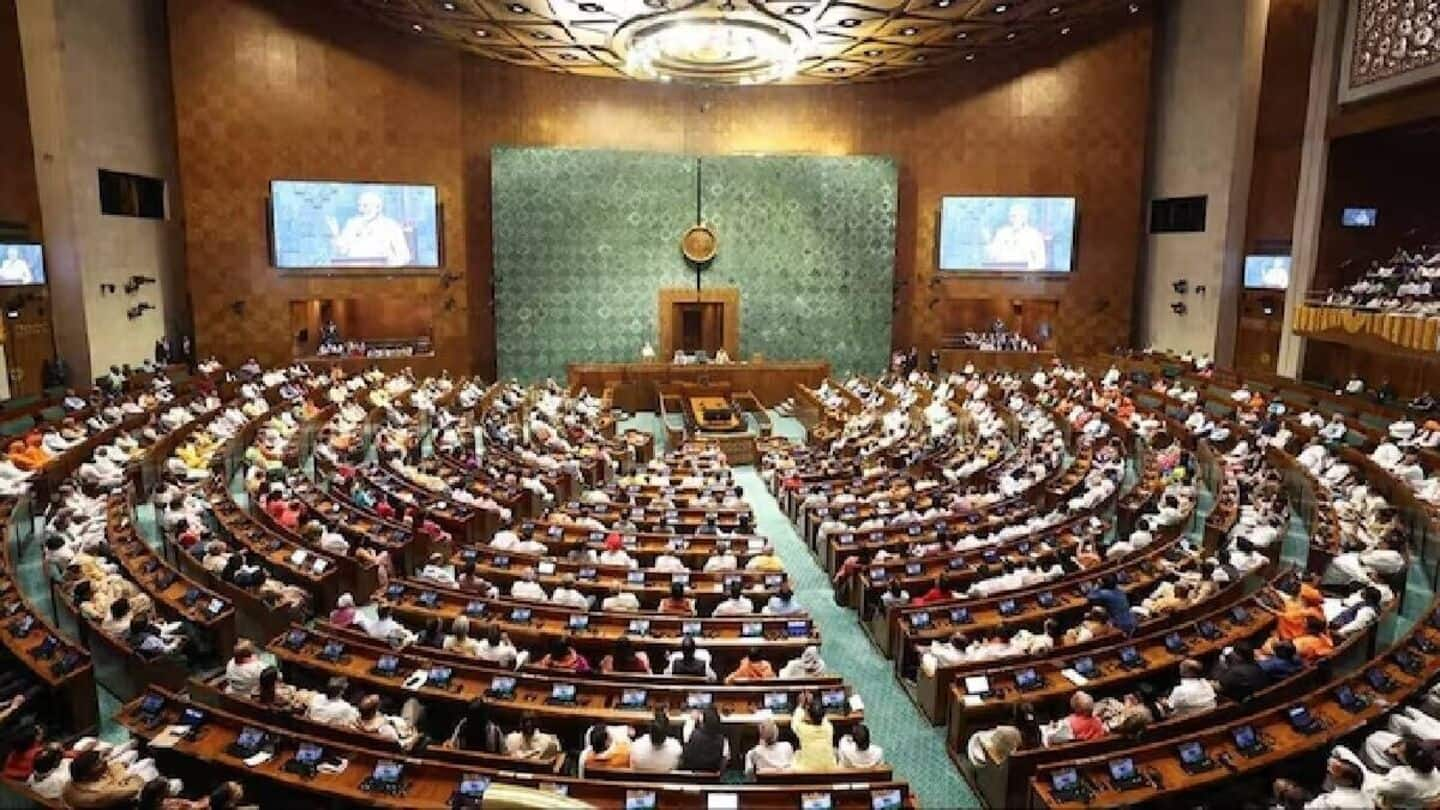
'Dilute, defame, divide, disenfranchise': Opposition on Centre's Waqf Bill
What's the story
Congress MP Gaurav Gogoi has slammed the Narendra Modi-led government's Waqf Amendment Bill, which was tabled by Minority Affairs Minister Kiren Rijiju.
He accused the government of attempting to "dilute the Constitution" through the legislation.
Gogoi argued that the bill was aimed at defaming minority communities, dividing Indian society, and disenfranchising minorities.
He also rejected claims by Union Home Minister Amit Shah and Rijiju about a Joint Parliamentary Committee (JPC) discussion on the bill.
Opposition concerns
Gogoi questions JPC discussion and warns of future targeting
"Not a single amendment suggested by the Opposition has been adopted," he said, accusing the committee of not holding clause-by-clause discussions and that the opposition's inputs were ignored.
"Those who had no idea about Waqf were invited to JPC," he alleged.
He added if the government targeted one community today, it could target another tomorrow.
The JPC had cleared 14 amendments while rejecting 44 proposed by opposition MPs.
Bill defense
Rijiju defends bill, Gogoi questions government's interference
Defending the Waqf Amendment Bill, Rijiju said it doesn't interfere with anyone's freedom to "profess, practice and propagate religion" under Article 25(1) of the Indian Constitution.
This legislation deals with waqf management and has nothing to do with interfering in other religions, he clarified.
However, Gogoi questioned Rijiju's assertion, asking why a property can only be declared as Waqf if the concerned person has practiced Islam for at least five years.
Legal concerns
Gogoi warns of increased litigation due to proposed amendments
"Why seek proof of Islam for Waqf? Will they ask for a certificate from other religions whether you have completed five years or not? Why is the government interfering in this matter of religion?" he asked.
Gogoi also warned that the proposed amendments to the Waqf Amendment Bill will only increase litigation in India.
"Amendments should aim to strengthen the bill, not create more disputes."